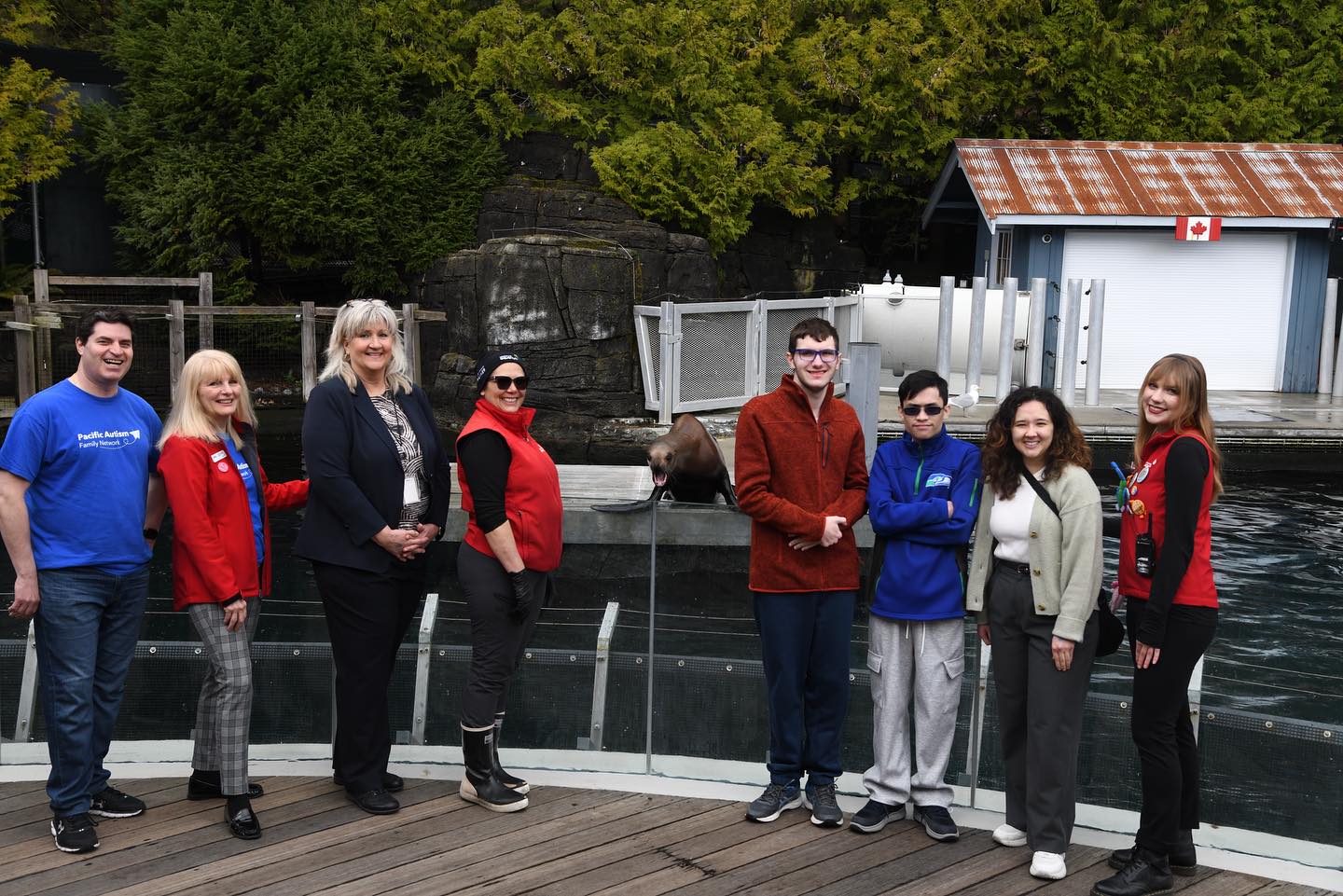- The significance of sensory-friendly events and their impact on inclusivity and accessibility.
- A detailed exploration of the Pacific Autism Family Network’s (PAFN) Learn 4 Independence program and its benefits for participants.
- Insights into the Vancouver Aquarium’s sensory-friendly initiatives and their importance for individuals with sensory processing challenges.
- Understanding the role of zoos and aquariums in wildlife conservation and education.
- The intersection of sensory-friendly programming and environmental stewardship.
The world can be a sensory overload for many individuals, especially those with autism and sensory processing disorders. Sensory-friendly events have emerged as a promising solution to make public spaces more inclusive and accessible. By creating adaptations that minimize sensory inputs, these events allow more people to enjoy cultural and educational experiences without discomfort. Sensory-friendly hours at venues like the Vancouver Aquarium not only provide a comfortable environment but also promote inclusivity, allowing diverse audiences to engage with learning opportunities.
For participants of the Pacific Autism Family Network’s Learn 4 Independence program, sensory-friendly events hold particular importance. This innovative program empowers individuals with autism by developing essential life skills, thus fostering independence and self-confidence. Participants and their friends are welcomed into environments tailored to their needs, such as the Vancouver Aquarium, where they can explore aquatic life at their own pace. The hubs of sensory-friendly mornings offer an alternative for people who might feel overwhelmed by the usual stimuli during standard visiting hours.
Vancouver’s commitment to sensory-friendly programming is evident in its monthly events, with the next on April 13th. During these times, the aquarium dims lights and lowers audio levels to create a serene ambiance. Moreover, sensory supportive kits are available to enhance comfort. Such efforts extend the invitation to all guests, irrespective of age or sensory needs, underscoring the aquarium’s dedication to accessibility and inclusivity.
Aquariums and zoos play crucial roles in wildlife conservation and education. They serve as dynamic environments for the public to learn about biodiversity, ecosystems, and the intricacies of animal behavior. The Vancouver Aquarium, alongside its sensory-friendly initiatives, is heavily invested in the protection of marine species and habitats. Programs like these highlight the interconnectedness between human activities and the survival of aquatic life forms, promoting conservation ethics and environmental responsibility.
Sensory-friendly programming is a testament to the growing awareness of creating inclusive experiences in public spaces. It reflects a broader understanding of the necessity to accommodate varying sensory needs in the pursuit of equal access and enjoyment. These efforts align seamlessly with conservation goals, as fostering a deeper connection to the natural world encourages a sense of stewardship integral to environmental conservation.
Providing opportunities for individuals with sensory processing challenges to experience and learn about the environment contributes significantly to environmental education. Participants who engage with nature through tailored programs become advocates for conservation, armed with knowledge that inspires responsible actions and a commitment to protecting our planet. Sensory-friendly mornings at the Vancouver Aquarium exemplify how merging accessibility and conservation can lead to both immediate and long-lasting benefits for society and the environment.
In summary, the partnership between the PAFN’s Learn 4 Independence program and venues like the Vancouver Aquarium illustrates the power of tailored experiences in promoting inclusivity. Sensory-friendly events serve as a bridge towards a more understanding and accessible world, showcasing how thoughtful adaptations can open up new horizons for learning and appreciation. This harmonious blend of accessibility and conservation sets a precedent for other educational and cultural institutions, demonstrating that true inclusivity requires both awareness and action.
*****
Source Description
PAFN’s Learn 4 Independence program participants and friends had a great time at the @vanaqua sensory-friendly morning in celebration of
Did you know the aquarium offers sensory-friendly hours each month? These designated times ensure lights and audio levels are reduced to create a more comfortable experience for all and sensory supportive kits can be provided to make an even more relaxed experience!
The next sensory-friendly morning will be on April 13th from 9:30 am to 12 pm. We encourage guests of all ages to join and explore the beauty the aquarium holds. Learn more here ➡️ vanaqua.org/explore/special-events/sensory-friendly-hours


